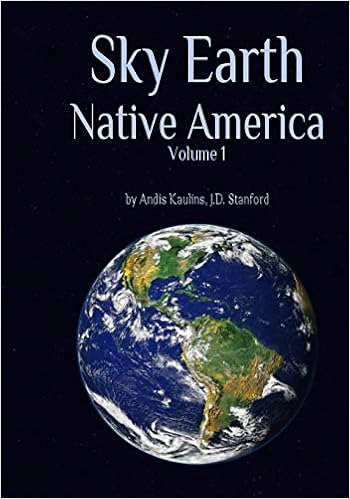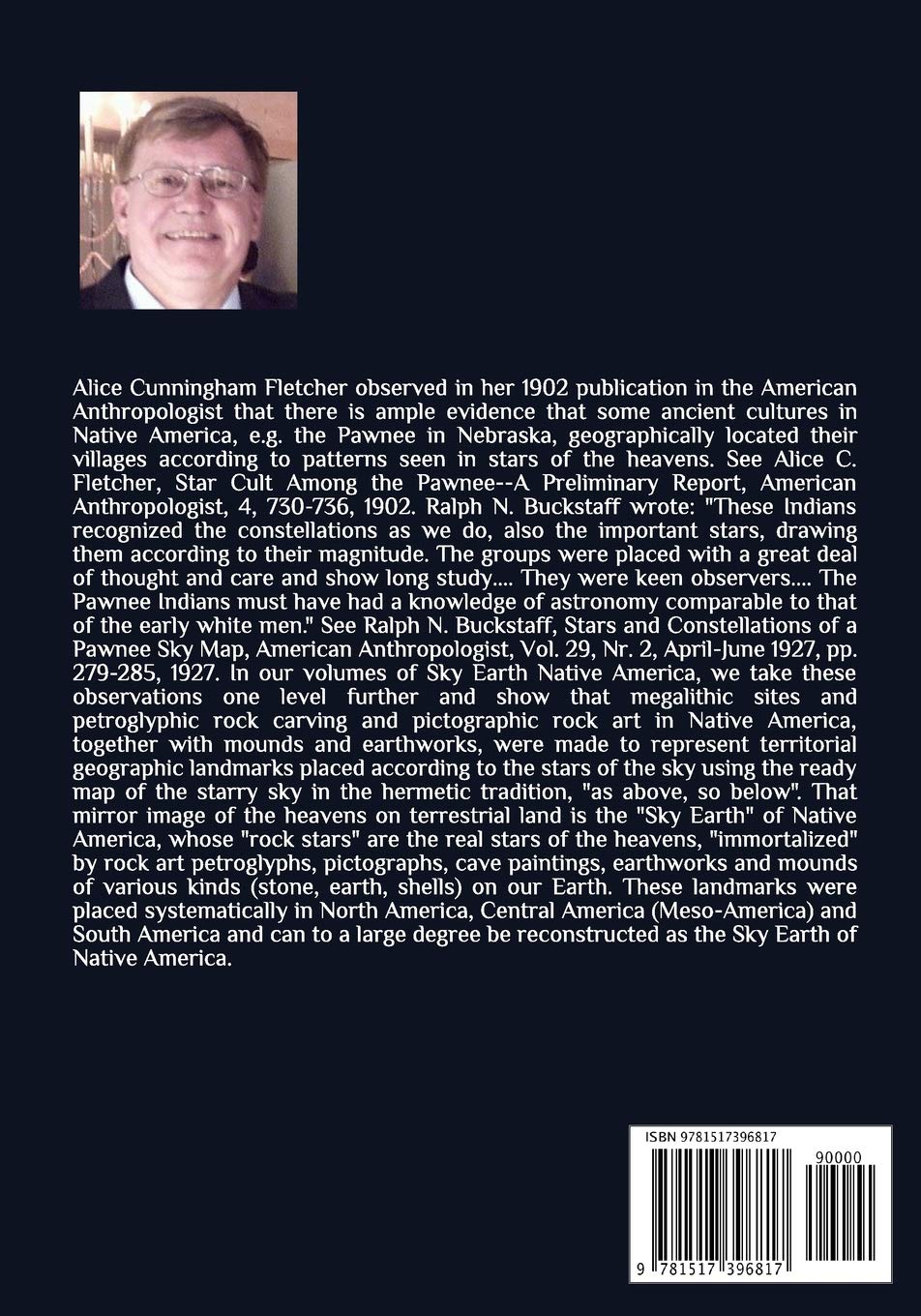Genome editing patents are one of the negative fallouts of
-- as written above by Regalado in the MIT Technology Review
-- on "natural machinery" of the genes.
As written at the Wikipedia:
We simply do not understand how the patent happy people at the USPTO, as well as the clueless in the legislatures and in the judiciary seem not to understand that patent protection was not created to grant people vast monopolies on the natural machinery of nature!!!!! regardless of how discovered and no matter how that natural machinery is used!!!!!
Nature is nature!
Come up with something else NEW, and then you can get a patent.
Finding out how "nature" works and how it can be used can be a great discovery, as in the case of CRISPRs for gene editing, but the "cutting" work is done by nature, not by the inventor!!! NOT PATENTABLE SUBJECT MATTER!!!!
- unclear judicial decision-making by the United States Supreme Court, and
- weak law-making in U.S. Congress regarding intellectual property law
and both of those regrettable situations have led to the - continued issuance of what we regard to be absurd patents by the USPTO.
"Since 2013, the CRISPR/Cas system has been used for gene editing (adding, disrupting or changing the sequence of specific genes) and gene regulation .... By delivering the Cas9 protein and appropriate guide RNAs into a cell, the organism's genome can be cut at any desired location."As written by Antonio Regalado at MIT Technology Review in Who Owns the Biggest Biotech Discovery of the Century?
"There’s a bitter fight over the patents for CRISPR, a breakthrough new form of DNA editing [which] turn[s] that natural machinery into a “programmable” editing tool, to cut any DNA strand, at least in a test tube." [emphasis added by LawPundit]Once again, the patent-happy USPTO is handing out patents left and right for technology that is based on laws of nature
-- as written above by Regalado in the MIT Technology Review
-- on "natural machinery" of the genes.
As written at the Wikipedia:
"CRISPR was first shown to work as a genome engineering/editing tool in human cell culture by 2012. It has since been used in a wide range of organisms including baker's yeast (S. cerevisiae), zebra fish (D. rerio), flies (D. melanogaster), nematodes (C. elegans), plants, mice, and several other organisms.
Additionally CRISPR has been modified to make programmable transcription factors that allow scientists to target and activate or silence specific genes.
Libraries of tens of thousands of guide RNAs are now available."In other words, CRISPRs exist in nature and have not been "invented" by any human being, even though human beings may have discovered that CRISPRs exist in nature and can be used for practical applications such as gene editing. This does not make their use for cutting genes patentable by any means.
We simply do not understand how the patent happy people at the USPTO, as well as the clueless in the legislatures and in the judiciary seem not to understand that patent protection was not created to grant people vast monopolies on the natural machinery of nature!!!!! regardless of how discovered and no matter how that natural machinery is used!!!!!
Nature is nature!
Come up with something else NEW, and then you can get a patent.
Finding out how "nature" works and how it can be used can be a great discovery, as in the case of CRISPRs for gene editing, but the "cutting" work is done by nature, not by the inventor!!! NOT PATENTABLE SUBJECT MATTER!!!!


